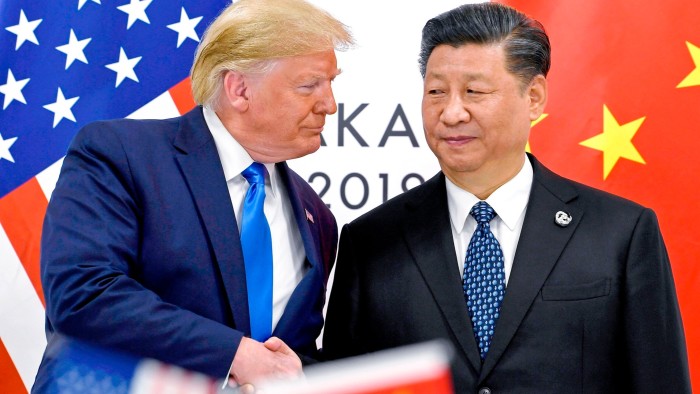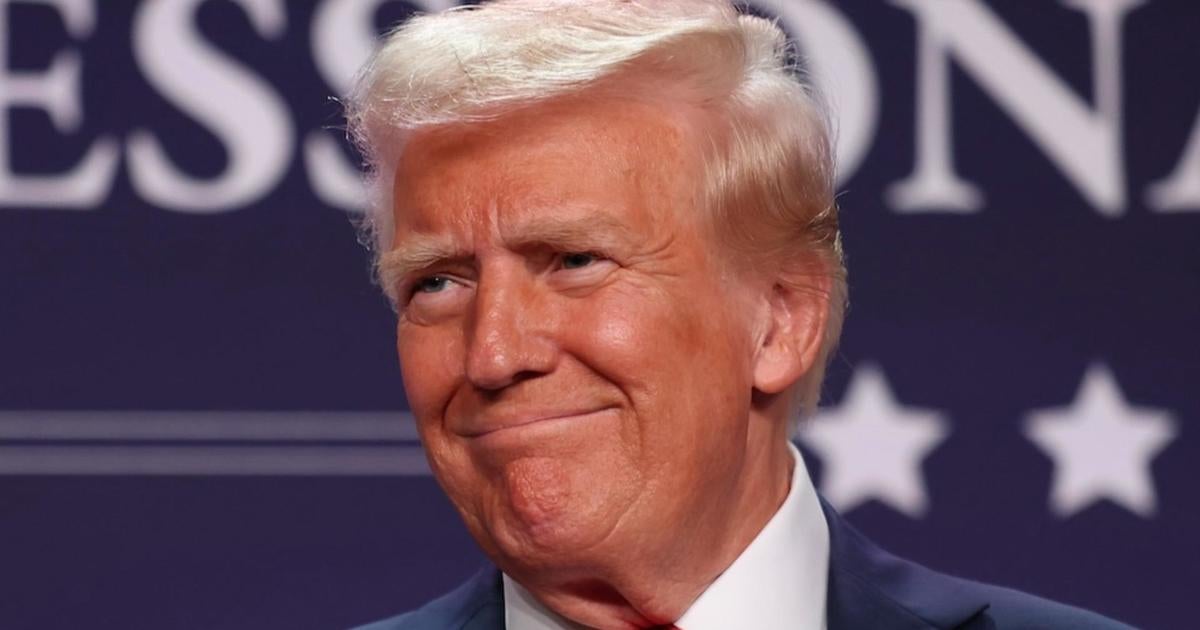Unpacking China’s Strategic Tariff Response
China’s recent tariff response has sent ripples through the global trade landscape, raising questions about its implications for international markets and economic relations. As nations grapple with the shifting dynamics, understanding the motivations behind these tariffs becomes crucial for businesses and policymakers alike. In this article, we will delve into the intricacies of China’s strategic tariff response, exploring its motivations, implications, and the broader context of global trade.
Understanding China’s Strategic Tariff Response
China’s strategic tariff response is not merely a reaction to external pressures but part of a broader economic strategy aimed at enhancing its position in global trade. The decision to impose tariffs often stems from various factors, including:
- Economic protectionism: Tariffs can serve to protect domestic industries from foreign competition, allowing local businesses to thrive.
- Retaliation: Imposing tariffs in response to similar actions by other countries, especially the United States, is a common tactic in trade disputes.
- Political leverage: Tariffs can be used as a tool to exert political pressure or influence negotiations.
- Market stabilization: In times of economic uncertainty, tariffs may help stabilize domestic markets by controlling imports.
The Timing and Context of China’s Tariff Actions
The timing of China’s tariff response reflects a calculated approach to global trade dynamics. Recent tensions with major trading partners, particularly the U.S., have escalated, prompting China to implement tariffs on various goods. This move is often seen as a way to balance trade deficits and assert its economic sovereignty.
For instance, amid ongoing negotiations and disputes over trade practices, China has strategically targeted industries that are sensitive to tariffs, such as agriculture and technology. This approach not only impacts the economies of these sectors but also sends a message to other nations about the seriousness of China’s stance on trade issues.
The Implications of China’s Tariff Response for Global Trade
China’s strategic tariff response carries significant implications for global trade, affecting multiple sectors and countries. Here’s a closer look at some of these ramifications:
1. Shifts in Supply Chains
One of the most immediate effects of China’s tariffs is the potential disruption of global supply chains. Companies that rely on Chinese manufacturing may face increased costs, prompting them to reconsider their supply chain strategies. This can lead to:
- Diversification: Businesses may seek alternative suppliers in other countries to mitigate the impact of tariffs.
- Increased production costs: Companies may pass on the costs of tariffs to consumers, leading to higher prices.
- Investments in automation: To reduce reliance on labor-intensive processes in China, firms may invest in automation and technology.
2. Impact on International Relations
China’s tariff response is not just an economic issue; it has profound implications for international relations. As countries react to these tariffs, alliances and partnerships may be tested. For example:
- Strengthening of trade blocs: Countries may seek to strengthen regional trade agreements to counterbalance China’s influence.
- Increased tensions: Ongoing tariff disputes can exacerbate geopolitical tensions, particularly between the U.S. and China.
- Shifts in foreign investment: International investors may reassess their strategies based on the evolving trade landscape, leading to changes in capital flows.
3. Effects on Global Markets
The ripple effects of China’s strategic tariff response extend to global markets. Investors and analysts are closely monitoring how these tariffs will impact economic growth and market stability. Key considerations include:
- Market volatility: Tariff announcements often lead to fluctuations in stock prices and currency values, creating an unpredictable investment environment.
- Commodity prices: As tariffs affect trade flows, prices for key commodities, such as soybeans and metals, may experience significant changes.
- Consumer behavior: Changes in pricing and availability of goods may alter consumer purchasing patterns, influencing global demand.
Strategies for Businesses in Light of Tariff Changes
In a landscape marked by strategic tariff responses, businesses must adapt to survive and thrive. Here are some strategies to consider:
1. Embrace Flexibility
Companies should cultivate flexibility in their operations. This could involve:
- Developing multiple sourcing strategies to mitigate risks associated with tariffs.
- Investing in technology that allows for quick adjustments in production and supply chain logistics.
2. Engage in Strategic Partnerships
Forming alliances with local businesses in other countries can help companies navigate the complexities of tariffs. This may involve:
- Collaborating with local manufacturers to reduce reliance on imports.
- Exploring joint ventures that can leverage local knowledge and resources.
3. Monitor Policy Changes
Staying informed about changes in tariff policies is crucial. Businesses should:
- Invest in compliance and legal resources to understand the implications of tariffs.
- Engage with trade organizations and governmental bodies to advocate for favorable trade conditions.
Conclusion: Navigating a Complex Trade Landscape
China’s strategic tariff response represents a critical juncture in global trade. As nations and businesses navigate this complex landscape, understanding the motivations and implications behind these tariffs is essential. By embracing flexibility, forging strategic partnerships, and staying informed about policy changes, businesses can position themselves to thrive amid uncertainty.
In an era where trade dynamics are continuously evolving, adaptability and foresight will be the keys to success. The ongoing changes in tariffs not only impact economic relations but also shape the future of global trade, making it imperative for stakeholders to remain vigilant and proactive.
See more CCTV News Daily



